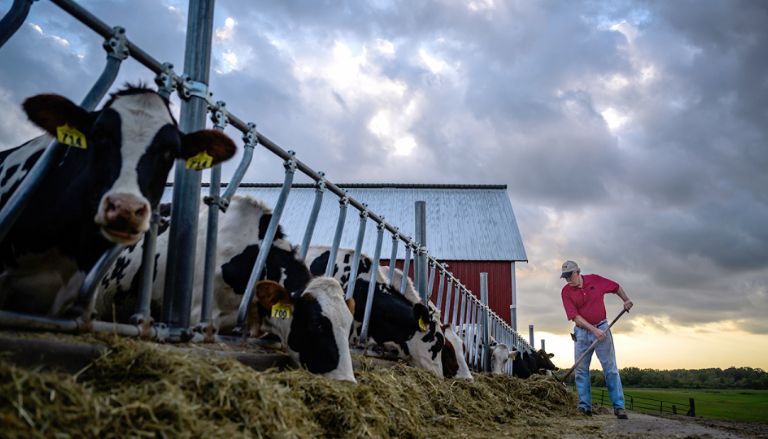In Wyoming, the legality of marrying a cousin is explicitly addressed by state statutes. According to Wyoming Statutes § 20-2-101(a)(iii), marriages are considered void if the parties are first cousins, whether the relationship is through half or whole blood, and regardless of legitimacy. This means that first cousins are prohibited from marrying in Wyoming.
Legal Framework
Wyoming’s marriage laws are detailed in Title 20 of the Wyoming Statutes. Specifically, Chapter 2, Section 101 outlines the conditions under which marriages are deemed void. The statute states that marriages are void when “the parties stand in the relation to each other of parent and child, grandparent and grandchild, brother and sister of half or whole blood, uncle and niece, aunt and nephew, or first cousins.” This comprehensive list underscores the state’s stance on prohibiting marriages between close relatives.
Exceptions and Specifics
It’s important to note that Wyoming’s prohibition applies strictly to first cousins. The law does not explicitly mention second cousins or more distant relatives, implying that such marriages are permissible under state law. Additionally, the statute specifies that the prohibition applies “whether either party is illegitimate,” ensuring that the law encompasses all first-cousin relationships, regardless of the circumstances of birth.
Comparison with Other States
Marriage laws concerning cousins vary across the United States. While Wyoming prohibits first-cousin marriages, several other states allow them under certain conditions. For instance, states like Alabama, Alaska, California, and Colorado permit first-cousin marriages without restrictions. Conversely, states such as Arkansas, Idaho, and Mississippi have laws similar to Wyoming’s, prohibiting such unions outright. Some states, like Arizona and Illinois, allow first-cousin marriages only if both parties are above a certain age or if one party is proven to be infertile. These variations highlight the importance of understanding specific state laws when considering marriage between cousins.
Legal Implications
Entering into a marriage prohibited by Wyoming law renders the union void from its inception. This means that the marriage is considered legally nonexistent, and parties do not need to seek an annulment or divorce to dissolve it. However, knowingly entering into such a prohibited marriage can have legal consequences. While Wyoming law does not specify criminal penalties for marrying a first cousin, the void status of the marriage can lead to complications in areas like inheritance rights, legitimacy of children, and recognition of the union in other jurisdictions.
Cohabitation and Sexual Relations
While Wyoming law prohibits first cousins from marrying, it does not explicitly address cohabitation or sexual relations between first cousins. This contrasts with some states where not only is marriage between first cousins prohibited, but cohabitation and sexual relations are also criminalized. For example, in states like Nevada and Texas, sexual relations between first cousins are considered incestuous and are subject to criminal penalties. In Wyoming, the absence of such statutes means that while first cousins cannot legally marry, there are no specific criminal prohibitions against them cohabitating or engaging in a consensual relationship.
Historical Context
Historically, cousin marriages were more common and socially acceptable in many cultures, including parts of the United States. However, during the late 19th and early 20th centuries, several states, including Wyoming, enacted laws prohibiting marriages between first cousins. These laws were often influenced by social and scientific beliefs of the time, including concerns about genetic defects and social norms. Today, while some states have relaxed their laws, Wyoming maintains its prohibition on first-cousin marriages.
Conclusion
In summary, Wyoming law explicitly prohibits marriages between first cousins, rendering such unions void. While the state does not criminalize cohabitation or consensual relationships between first cousins, the legal recognition of marriage is denied. As marriage laws vary significantly across states, individuals considering such a union should consult the specific statutes of the state in question and may benefit from legal counsel to understand the implications fully.
References
- Wyoming Statutes § 20-2-101: Wyoming Statutes Title 20
- LegalMatch Article on Cousin Marriage Laws: Cousin Marriage Laws
- FindLaw Article on Wyoming Annulment and Prohibited Marriage Laws: Wyoming Annulment and Prohibited Marriage Laws
- Data Mining DNA Article on First Cousin Marriages in Wyoming: Can First Cousins Marry In Wyoming?
- Wikipedia Article on Cousin Marriage Law in the United States: Cousin Marriage Law in the United States






Leave a Comment